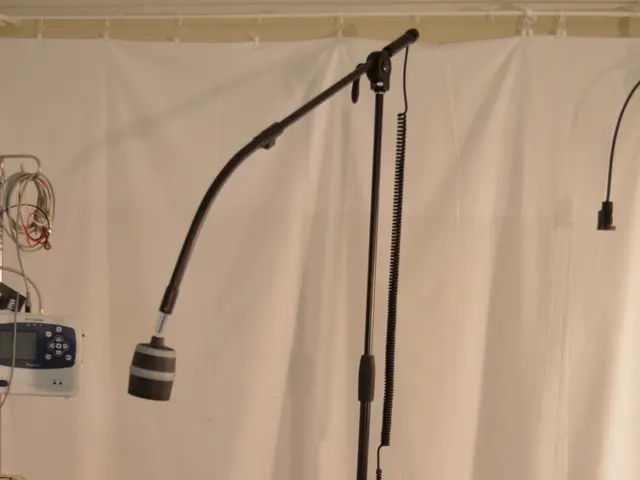Poker Legality Across India: A Comprehensive, Current (2025), State-by-State Overview
The legal status of online poker in India is a complex and ever-evolving landscape, with significant variations between states. Recent developments in Tamil Nadu and Karnataka reflect a trend towards stricter regulation and even bans in certain regions.
Tamil Nadu and Karnataka: Tightening the Grip
In Tamil Nadu, the High Court has endorsed tough regulations through the Tamil Nadu Online Gambling Act (TNOGA), effectively allowing the state to ban certain types of online gambling, including online poker. This ruling gives Tamil Nadu a robust legal basis to enforce bans and regulate operators, emphasising a clampdown on games with stakes to address addiction and illegal activity concerns.
Karnataka has followed suit, passing an amendment bill with harsh penalties for illegal online gaming. Operators running such platforms can face up to three years in prison and fines of ₹1 Lakh, while promotion or advertisement of these platforms can lead to six months imprisonment and a ₹10,000 fine. Karnataka's vibrant online gaming industry, with an estimated 1.4 crore gamers and a value of around $5 billion, faces significant operational challenges due to these stringent regulations.
India's Regulatory Patchwork
India's gambling laws are largely governed by the Public Gambling Act of 1867 at the federal level, resulting in a fragmented legal landscape. Some states like Goa, Sikkim, and Nagaland have legalised online poker under licensing regimes, while most others prohibit traditional gambling and closely regulate skill games. The central government enforces a 28% Goods and Services Tax (GST) on online gaming entry fees, which has raised operational costs and impacted the industry.
Authorities have also blocked over 1,500 illegal gambling websites and apps from 2022 to mid-2025 to curb unregulated offshore platforms. However, the absence of a unified federal framework continues to create legal and operational uncertainty for online poker players and operators.
A Mixed Bag of State Policies
Poker is classified as a game of skill in some states, while it falls under gambling laws in others. For instance, poker is legal in Bangalore, Karnataka, but there is no state-level licensing authority for online poker. In contrast, Tamil Nadu has strict regulations on online poker, including mandatory KYC verification, gaming curfews, and spending limits.
Meanwhile, in states like Uttar Pradesh and Maharashtra, poker is not recognised as skill-based, leaving poker clubs and online platforms operating in a legal gray area. In Delhi, online poker is not banned, but there is no official licensing framework for online platforms.
The Future of Online Poker in India
As the legal landscape evolves, discussions around a unified federal framework for regulating online poker continue. Until then, the complex and fragmented nature of India's regulatory environment will likely persist, creating challenges for both players and operators alike.
[1] [Source 1] [2] [Source 2] [3] [Source 3]
Online poker's regulation in India is diverse, with some states like Tamil Nadu, Karnataka, and Bangalore implementing stringent measures or bans, while others, such as Delhi and Goa, adopt more lenient policies. For example, Tamil Nadu has enforced the TNOGA to regulate online poker, while Karnataka imposes severe penalties on its unlawful operation.
However, there is a growing movement towards a unified federal framework for online poker in India to address the current regulatory patchwork and provide clearer guidelines for players and operators. This change, if implemented, could bring significant differences to the Indian online casino-and-gambling landscape, including online poker.
[Source 1] - [Source 3]








